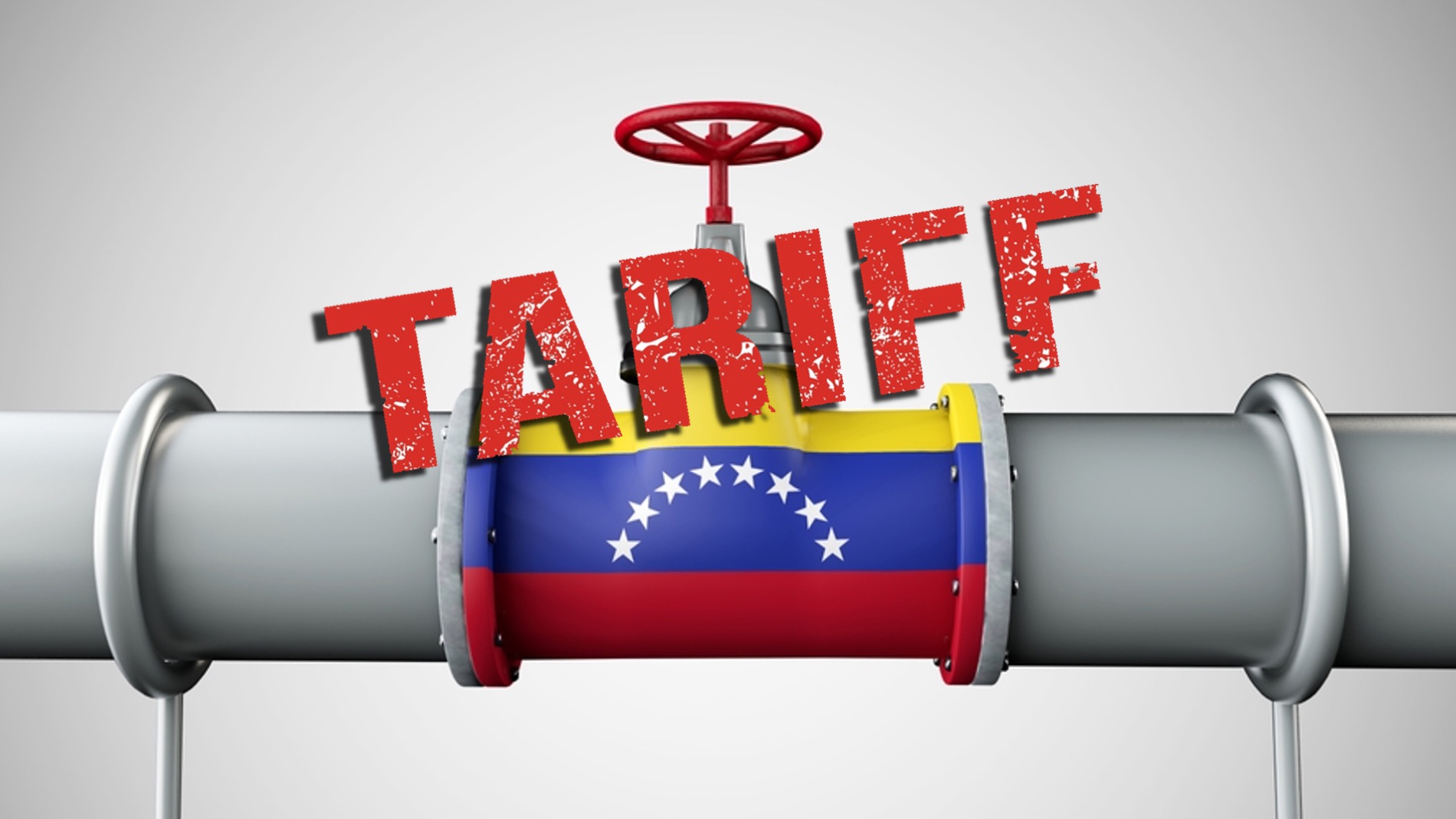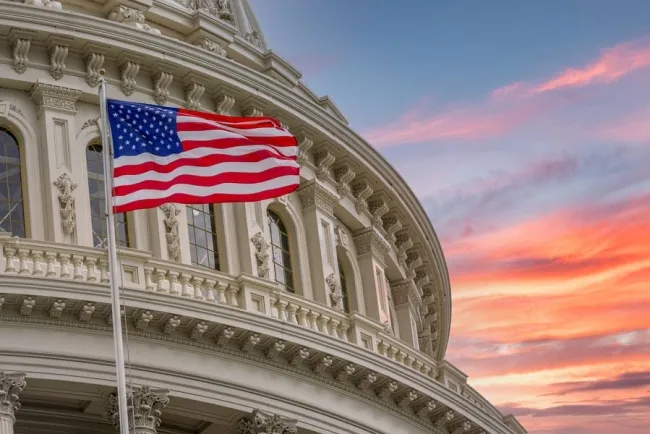US Imposes 25% Tariff on Venezuelan Oil Purchases: What It Means for Global Markets
The United States has implemented a significant 25% tariff on countries purchasing oil or gas from Venezuela, a move that could reshape global crude flows and impact major buyers like China, India, Spain, Italy, and Cuba. What does this mean for Venezuela’s economy and the global oil market?

The recent announcement from the United States to impose a 25% tariff on oil and gas purchases from Venezuela is set to have substantial repercussions on the global oil market. This decision targets key buyers of Venezuelan crude, specifically China and India, which in February alone accounted for 55% of Venezuela's total oil exports. Analysts suggest that this tariff may compel Venezuela to offer deeper discounts on its oil, reminiscent of previous U.S. sanctions that forced lower prices.
Tariff Impact and Enforcement Challenges
The enforcement of this new tariff raises questions, as past secondary sanctions have had limited effectiveness in deterring buyers. While the intention is clear—to curb Venezuela's oil trade in an effort to weaken its economy—the actual impact on international buyers may vary. Countries like China and India may seek alternative sources such as discounted Russian oil to avoid the risks associated with U.S. tariffs.
In a related development, the U.S. Treasury Department has extended Chevron's deadline to wind down operations in Venezuela until May 27th. Chevron has been operating under a special license that allows it to export Venezuelan crude to the U.S. despite sanctions. This extension provides temporary relief for Chevron while ensuring that crude shipments continue, helping stabilize near-term oil supply.
Shifting Global Dynamics
The new tariffs are expected to reshape global crude flows significantly. As major consumers like China and India respond to the tariff, there's a possibility they may pivot towards Russian oil, which could be more accessible and cheaper compared to Venezuelan supplies. This shift echoes the secondary sanctions implemented during Trump’s first term, which notably disrupted Venezuela's oil trade and altered its economic landscape.
President Nicolás Maduro has denounced these new sanctions, labeling them as an "economic war" and asserting that they will not undermine Venezuela's resolve. However, the reality of limited buyers and increasing restrictions suggests that the country’s oil revenues could face significant challenges moving forward.
Conclusion
As the U.S. enacts these new tariffs, the landscape of global oil trade could be drastically altered. With major consumers potentially shifting their purchasing strategies, Venezuela faces a daunting path ahead. The implications of these tariffs, alongside Chevron's operational challenges, highlight the complex interplay of international relations and energy markets. The coming months will be crucial in determining how these changes will affect both Venezuela's economy and the broader oil market globally.
Stay updated with us for further analyses on the implications of U.S. oil policies and their impacts on global markets.
What's Your Reaction?
















